Museums Strategic Disability Network – plus our other sector supporters
The Curating for Change (CfC) Museums Strategic Disability Network is a supportive framework for museum sector organisations and those with specialist experience to work with with D/deaf, disabled and neurodiverse people. It specifically aims to tackle the under-representation of disabled people in museums, using the expertise of our group.
Our advisors are working alongside our 20 partner museums as they deliver curatorial work placements from 2022 – 2024. We are making sure that the experience gained is shared widely across the sector, and at all levels of organisations – from policy and procedure to culture and climate, to help build lasting change.

We are also ambitious to find other opportunities to connect and influence, including with partners and regions outside England. We are facilitating D/deaf, disabled and neurodiverse people to share their experience and act as ‘provocateurs’, encourage their pathways in the workforce, and widen audience engagement by shining a light on disability heritage narratives and collections.
We are developing a series of guidance and action documents for the sector, which are being shared through four sector forums, toolkits and action plans, and an online hub for resources and sharing experiences. Through our work, we hope the wider museum sector will be more able to tackle under-representation, and more committed to doing so.
Explore resources created as part of the project.
Network members
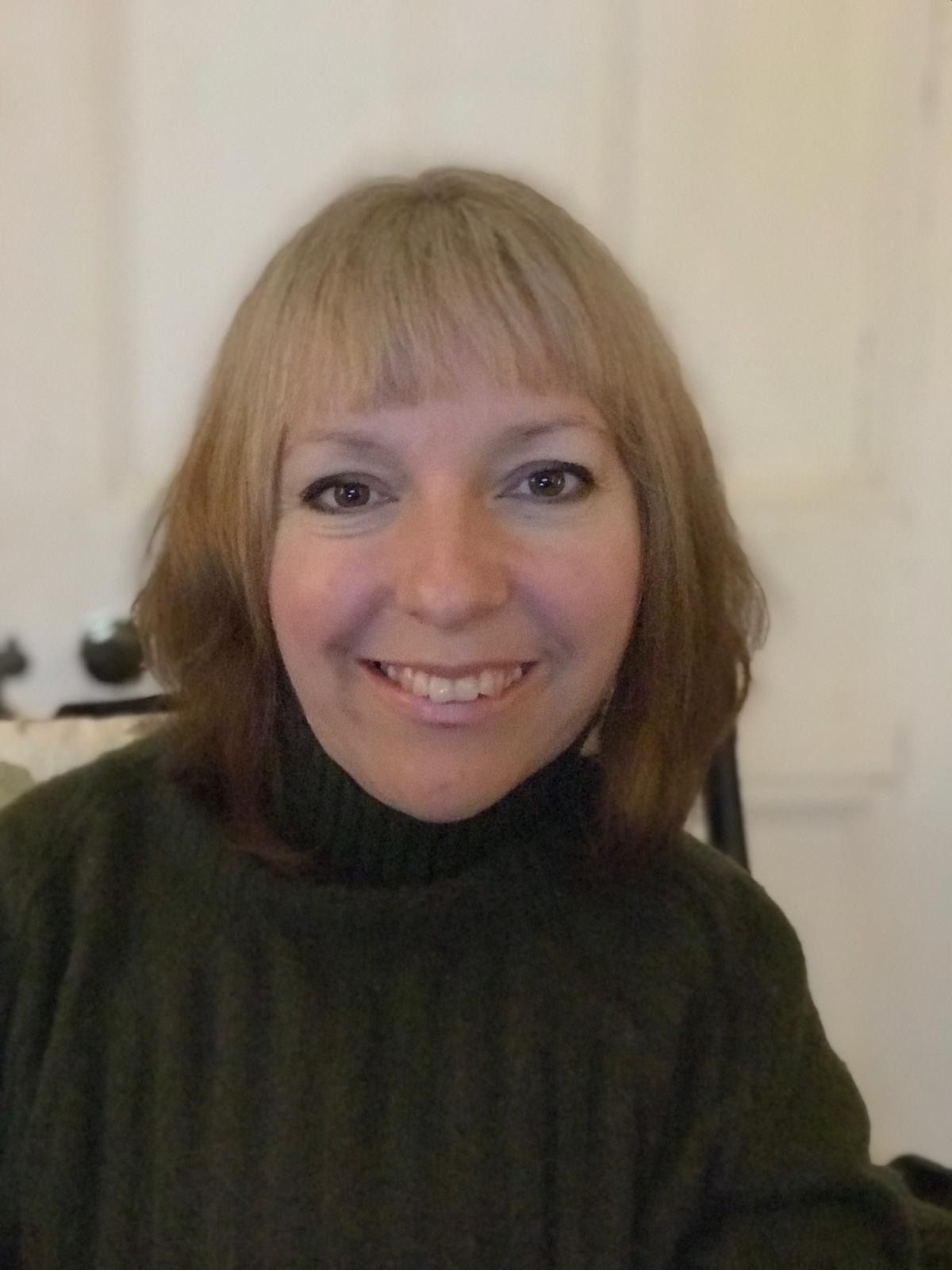
Esther Fox – Group Chair and Programme Director at Accentuate, Screen South
Esther Fox is a Programme Director, Artist and Researcher, interested in exploring the synapses between medicine, art, museums and ethics. Esther is the Head of the Accentuate programme, creating opportunities for D/deaf, disabled and neurodivergent people to participate and lead in the cultural sector. She is currently taking the strategic lead on Curating for Change, working with over 20 Museums across England to deliver a programme for disabled people wanting to pursue a career in Museums. Esther is also a trustee for Hastings Contemporary.
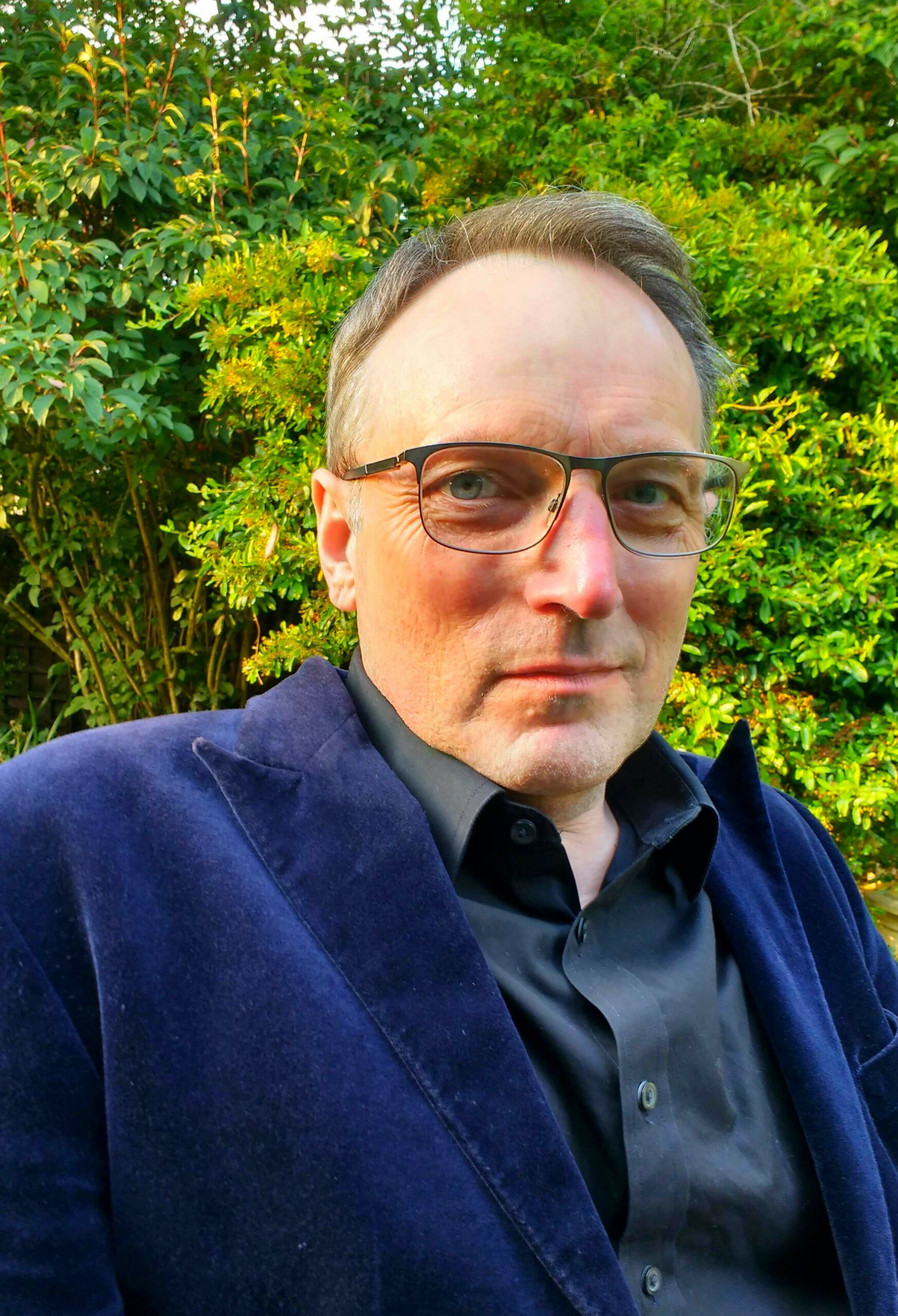
Andrew Miller MBE
Transforming perceptions throughout his 35 year career in the creative industries, Andrew is recognised as one of the UK’s most influential disability advocates with extensive experience of the arts, film and broadcast sectors.
Starting out in broadcasting, Andrew belongs to the first generation of disabled presenters of British television and went on to produce and direct tv arts documentaries. Subsequently becoming the first wheelchair user to run a major UK arts venue, he is now a prolific cultural commentator and his consultancy supports major new cultural infrastructure such as the University of Oxford Schwarzman Centre for the Humanities and Coventry City of Culture.
Andrew is a National Council member of Arts Council England, a trustee of the Royal Shakespeare Company and BAFTA. He is Chair of the BFI Disability Screen Advisory Group and in 2020 co-founded the UK Disability Arts Alliance #WeShallNotBeRemoved, where he developed the Seven Inclusive Principles which helped shape the cultural sector’s pandemic recovery.
Between 2018-21 Andrew was the UK Government’s first Disability Champion for Arts & Culture, establishing the role as a powerful campaigning platform for greater inclusion across the arts, museums and film. His pioneering career has been recognised by the National Diversity Awards, The Stage Awards, The Shaw Trust Disability Power 100 Top 10, The Stage 100 and in the 2021 New Year Honours.

Matt Smith, Head of Communications, AIM
Since 1977, the Association of Independent Museums has worked to address the needs of the growing independent museum sector, offering mutual help and support, sharing good practice and providing a singular voice for the independents.
Today AIM supports and champions independent museums, galleries and heritage organisations across the UK – helping them to achieve their purpose and ensuring their needs are recognised and addressed by policy makers, funders and other organisations working in the sector.

Matthew Cock, CEO VocalEyes
VocalEyes believes that blind and visually impaired people should have the best possible opportunities to experience and enjoy art and heritage. Its mission is to increase those opportunities, make them as good as possible, and ensure that as many blind and visually impaired people as possible are aware of them, and that the arts and heritage sector know how to create them, and welcome blind people as a core audience.
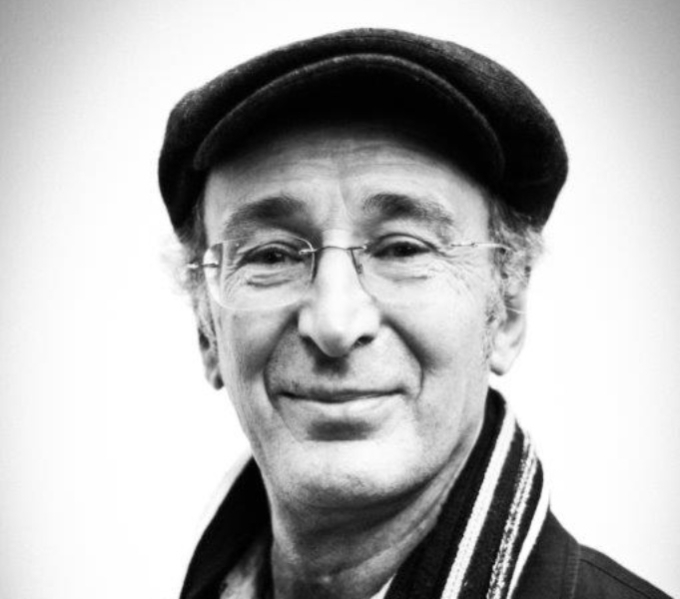
Mike Layward
Mike Layward has worked in the arts for over 40 years as a performer, puppeteer, community artist, live artist, carnival maker/designer, musician and visual artist.
He was artistic director of DASH for the past 23 years and recently moved on to be a freelancer and an art student.
Mike self-defines as a disabled person and has an MA in activism and social, change from Leeds University. His work is based on anarchistic principles of change and equality and he is inspired by artist/ activists/educators like Paulo Friere and Augusto Boal.
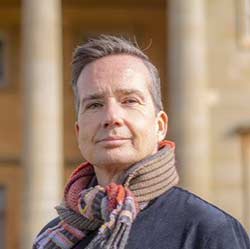
Professor Richard Sandell, University of Leicester
Richard Sandell is Co-Director of the Research Centre for Museums and Galleries at the University of Leicester. Through his teaching and research with wide ranging cultural organisations he explores new ways to advance equity and inclusion in the sector.

Stephanie Allen, Director Arts & Heritage
Arts&Heritage’s mission is to demonstrate that placing contemporary art at the heart of heritage programming enables audiences to find their own stories within historic places and spaces.
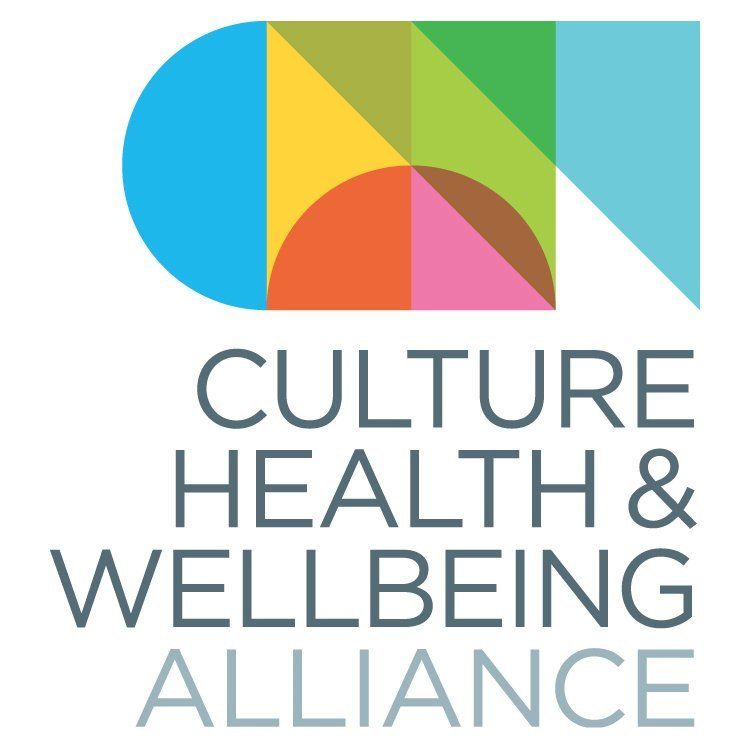
Victoria Hume, Director Culture, Health and Wellbeing Alliance
Over recent years, there has been a growing understanding of the impact that creative or cultural activity can have on health and wellbeing. CHWA reflects how accessing the arts and heritage – and more generally working with our own creativity using our imaginations – can improve our health if we have diagnosed mental or physical health problems, but is also good for our health and wellbeing more generally, and for the health of our communities and society.
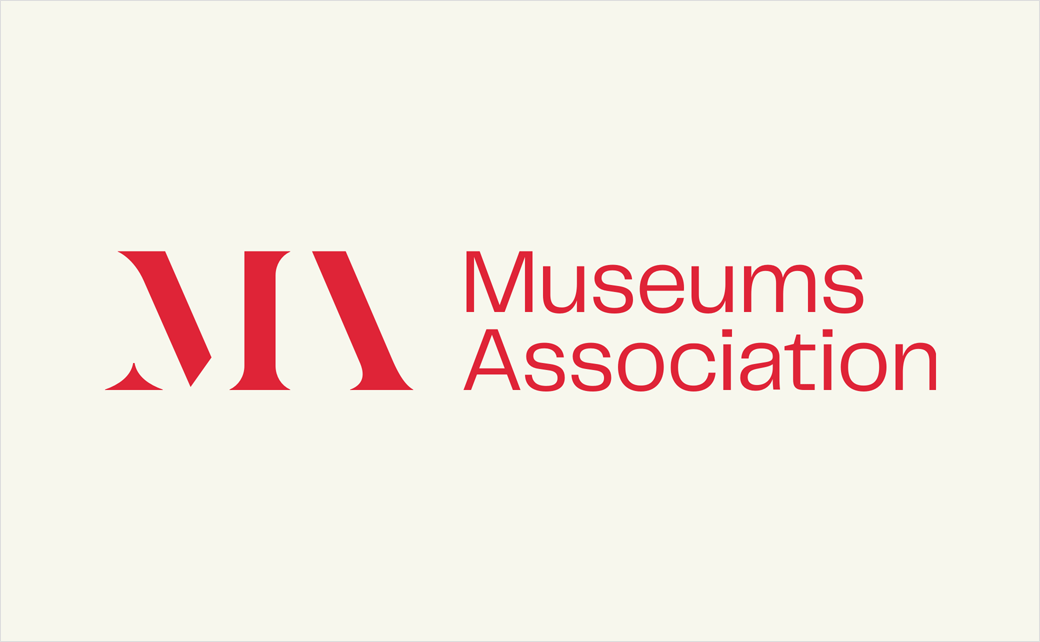
Tamsin Russell, Workforce Development Officer, MA
Tamsin is Workforce Development Officer at the Museums Association.
The MA is a dynamic membership organisation that campaigns for socially engaged museums and a representative workforce. It works ethically and sustainably and collaborate with partners where we have common aims and values. It advocates for and supports museums and everyone who works in and with them so that the value and impact of museums and their collections is realised.
Other sector supporters
We are also very pleased to be working with other sector bodies in a support capacity to bring particular skills and insights to our project
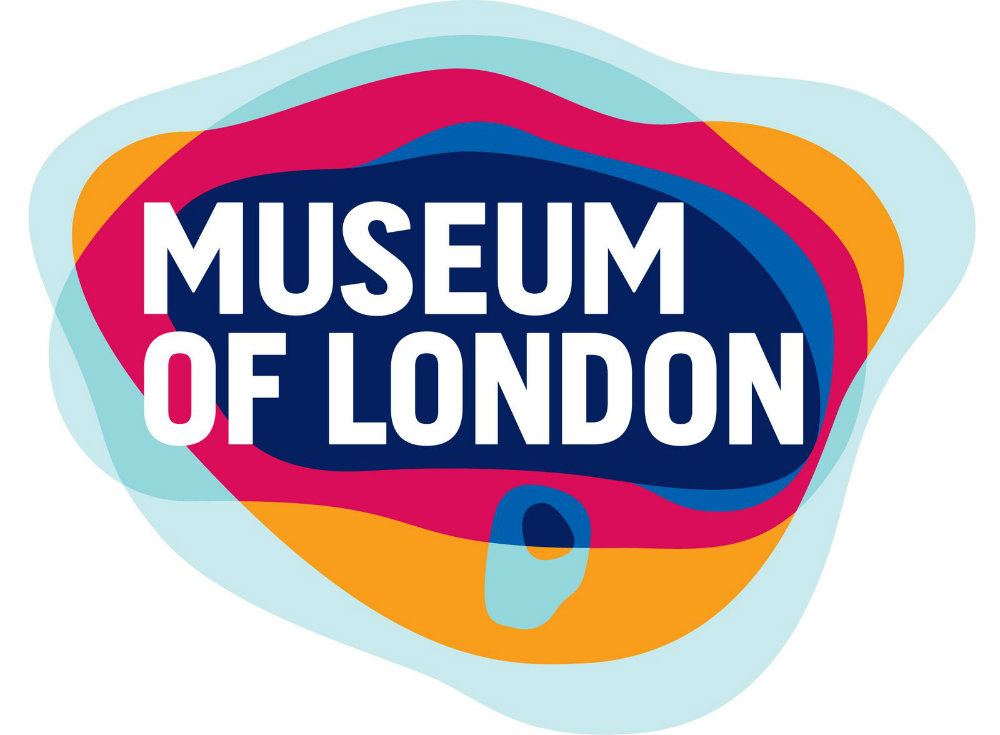
Museum of London (shortly rebranding as The London Museum)
The Museum of London is supporting professional development for our Fellows by facilitating a residential study visit. They will benefit from seeing the birth of a new museum, as it prepares to open at its new site in West Smithfield.
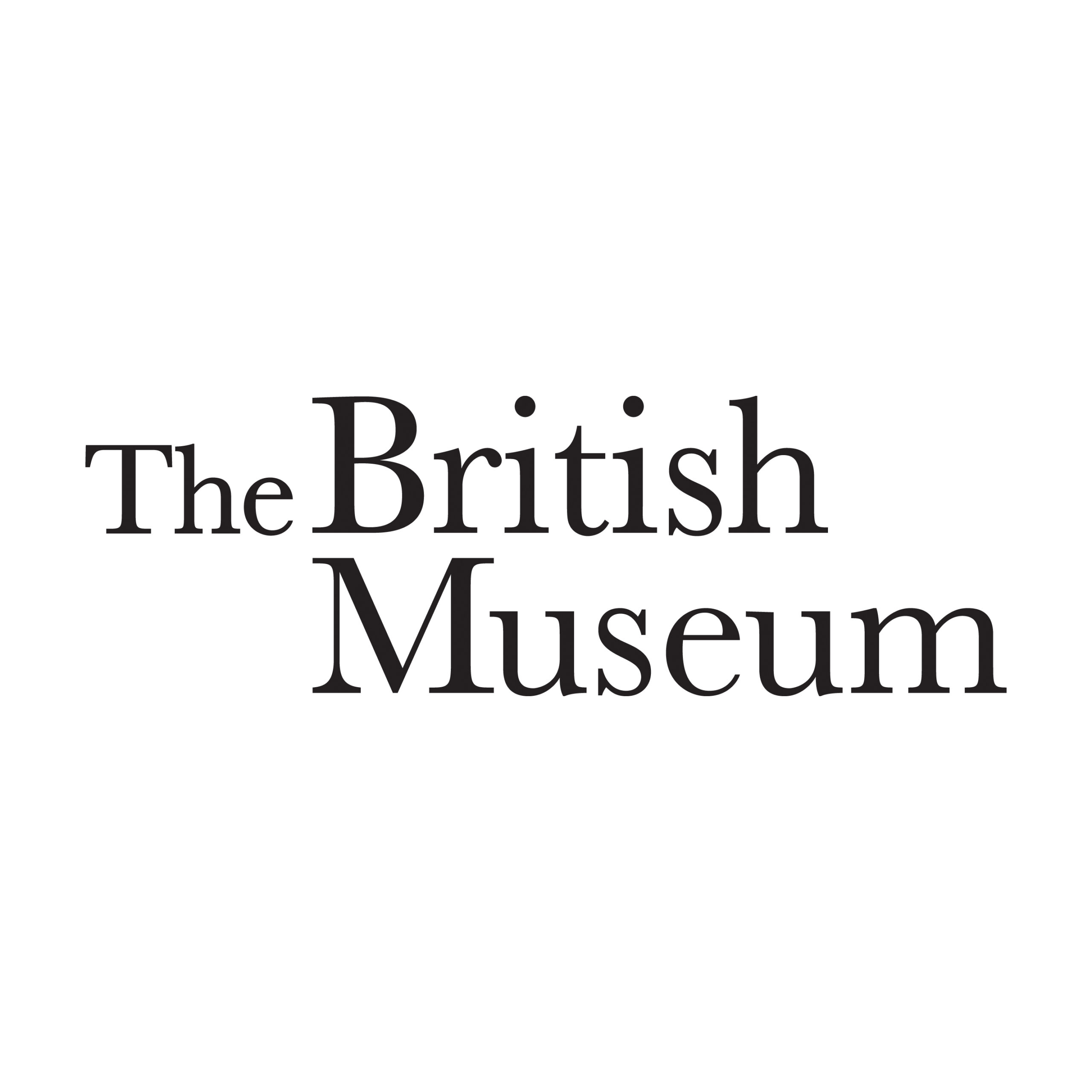
The British Museum
The British Museum is acting as our assessment centre for Fellows completing the Cultural Heritage Diploma.
Get in touch
"*" indicates required fields






